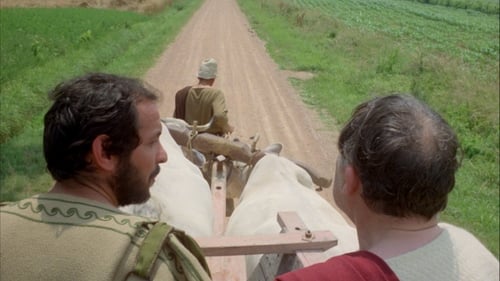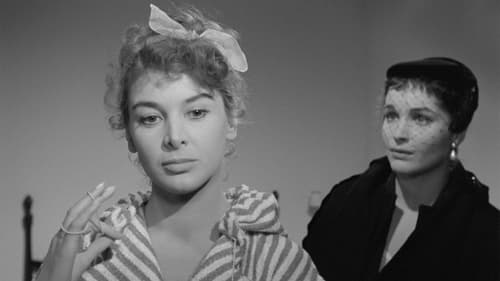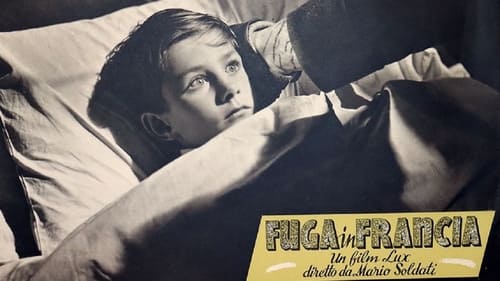Cesare Pavese
Birth : 1908-09-09, Santo Stefano Belbo, Piedmont, Italy
Death : 1950-08-27
History
Cesare Pavese (9 September 1908 – 27 August 1950) was an Italian poet, novelist, literary critic and translator.
From Wikipedia, the free encyclopedia







